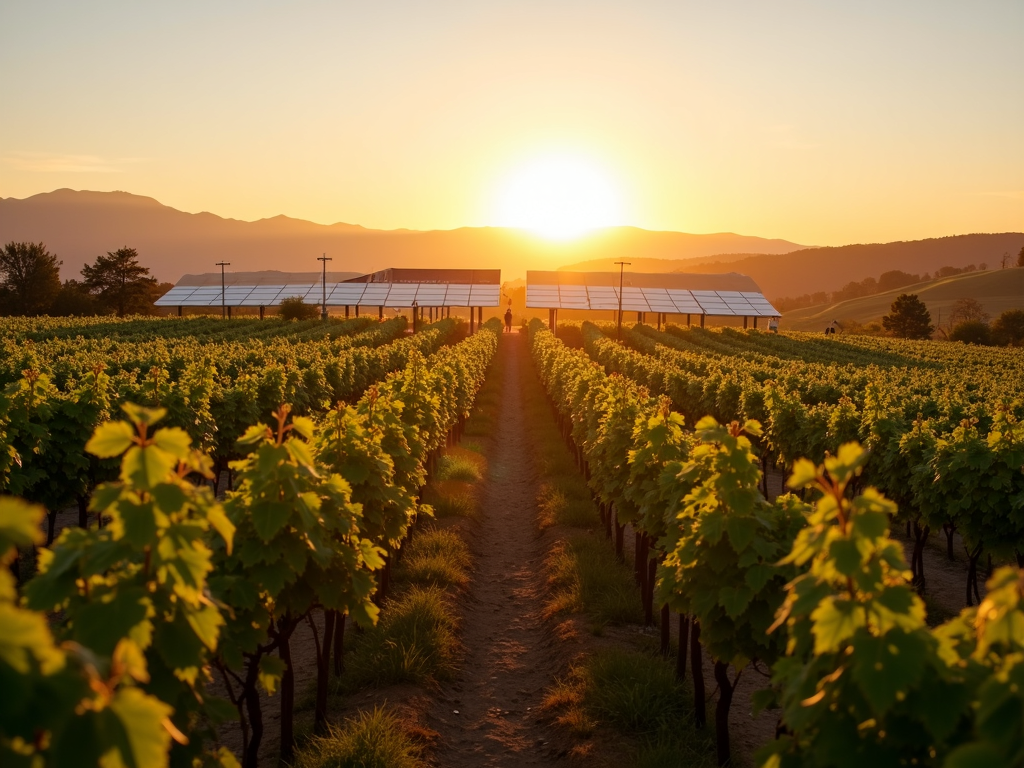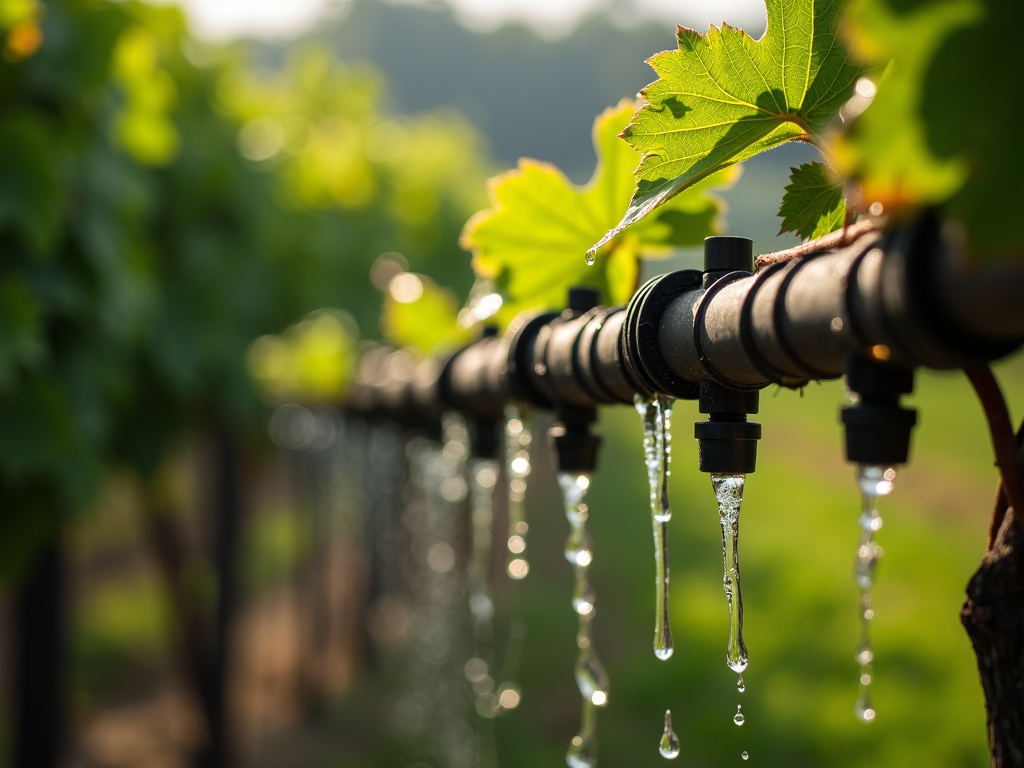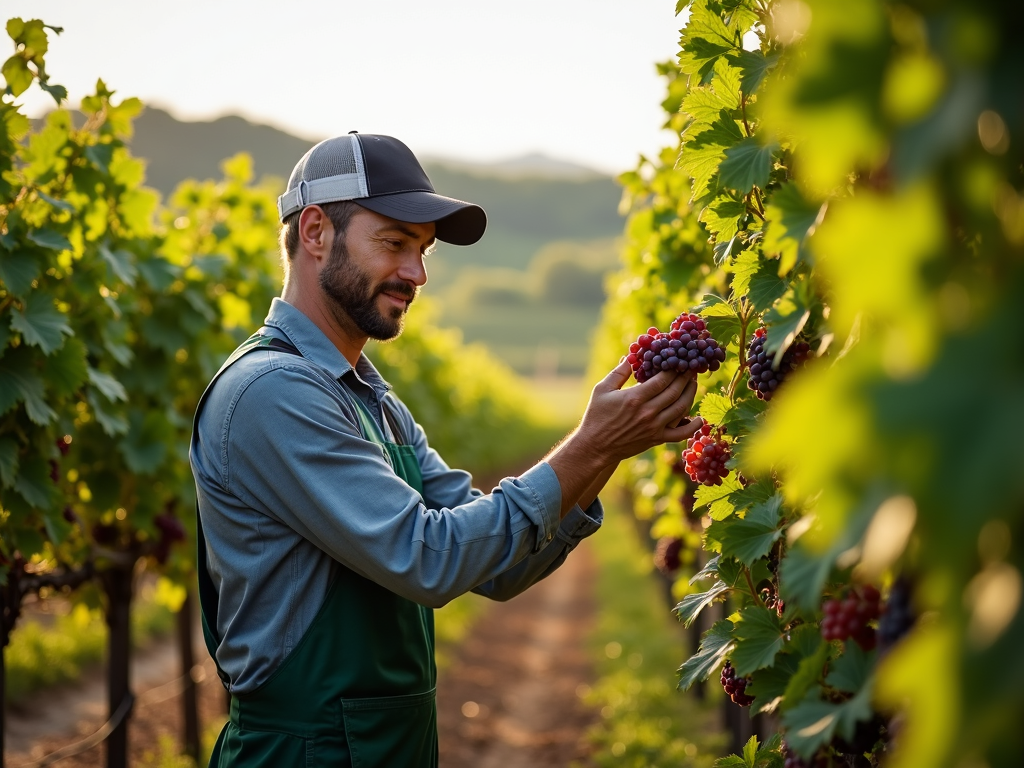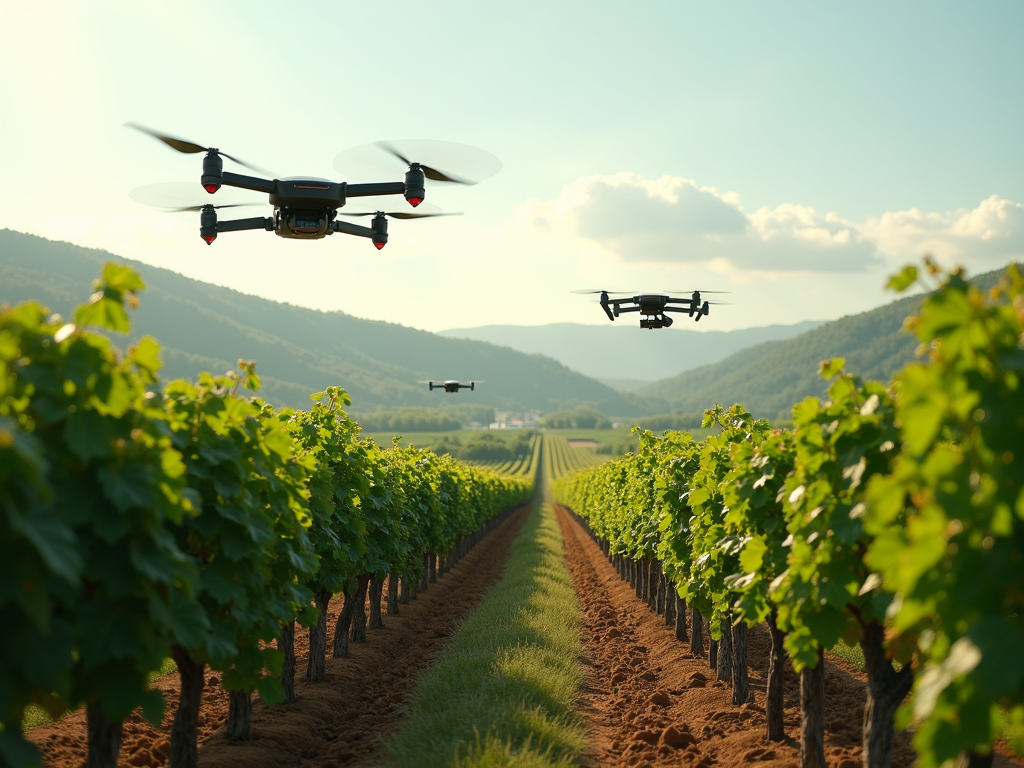How Wine Brands Are Reducing Their Carbon Footprint: A Deep Dive into Jackson Family Wines' Sustainability Journey
Overview:
In an era where environmental consciousness is paramount, the wine industry is stepping up to reduce its carbon footprint. Leading the charge is Jackson Family Wines, a renowned winery committed to sustainable practices. This article delves into their journey, exploring how they and other wine brands are making strides in eco-friendly viticulture and winemaking. From renewable energy to water conservation, discover the innovative strategies that are reshaping the industry.
The Rise of Sustainable Winemaking
Sustainability in winemaking is more than a trend; it's a necessity. With climate change posing significant threats to vineyards worldwide, wine brands are adopting eco-friendly practices to mitigate their environmental impact. Jackson Family Wines, a family-owned winery with a portfolio of over 40 brands, has been at the forefront of this movement. Their commitment to sustainability is not just about preserving the environment but also about ensuring the longevity of their business and the quality of their wines.

Jackson Family Wines: A Case Study in Sustainability
Jackson Family Wines has implemented a range of sustainable practices across their operations. One of their key initiatives is the use of renewable energy. The winery has installed solar panels on many of their properties, generating clean energy to power their facilities. This not only reduces their reliance on fossil fuels but also lowers their carbon emissions significantly.
Water conservation is another critical area where Jackson Family Wines excels. They have adopted advanced irrigation techniques, such as drip irrigation, which delivers water directly to the roots of the vines, minimizing waste. Additionally, they have invested in water recycling systems that allow them to reuse water in their winemaking processes, further reducing their environmental footprint.

The Impact of Eco-Friendly Vineyards
The benefits of sustainable practices extend beyond the winery itself. Eco-friendly vineyards contribute to healthier ecosystems by promoting biodiversity and improving soil health. Jackson Family Wines, for instance, practices organic farming, avoiding synthetic pesticides and fertilizers. This not only protects the environment but also enhances the quality of the grapes, leading to better wines.
Moreover, sustainable winemaking can have a positive economic impact. By reducing energy and water usage, wineries can lower their operational costs. Consumers are also increasingly seeking out eco-friendly products, making sustainability a competitive advantage in the market.

Challenges and Opportunities
While the shift towards sustainability is promising, it is not without challenges. Implementing eco-friendly practices often requires significant upfront investment, and the return on investment may take time to materialize. Additionally, wineries must navigate complex regulations and certifications to validate their sustainability claims.
However, the opportunities outweigh the challenges. As consumer demand for sustainable products grows, wine brands that prioritize eco-friendly practices are well-positioned to thrive. Jackson Family Wines, for example, has received numerous accolades for their sustainability efforts, enhancing their reputation and brand loyalty.

The Future of Sustainable Winemaking
The wine industry's journey towards sustainability is ongoing. Innovations in technology and farming practices continue to emerge, offering new ways to reduce environmental impact. For instance, some wineries are exploring carbon capture techniques and experimenting with regenerative agriculture to further enhance their sustainability efforts.
Jackson Family Wines remains committed to leading by example. They have set ambitious goals to achieve net-zero carbon emissions by 2030 and continue to invest in research and development to improve their practices. Their journey serves as an inspiration for other wine brands to follow suit.

Summary:
The wine industry is embracing sustainability, with brands like Jackson Family Wines leading the way. Through renewable energy, water conservation, and organic farming, they are reducing their carbon footprint and setting a standard for others to follow. As consumers become more environmentally conscious, the demand for eco-friendly wines will continue to grow, driving further innovation and positive change in the industry.